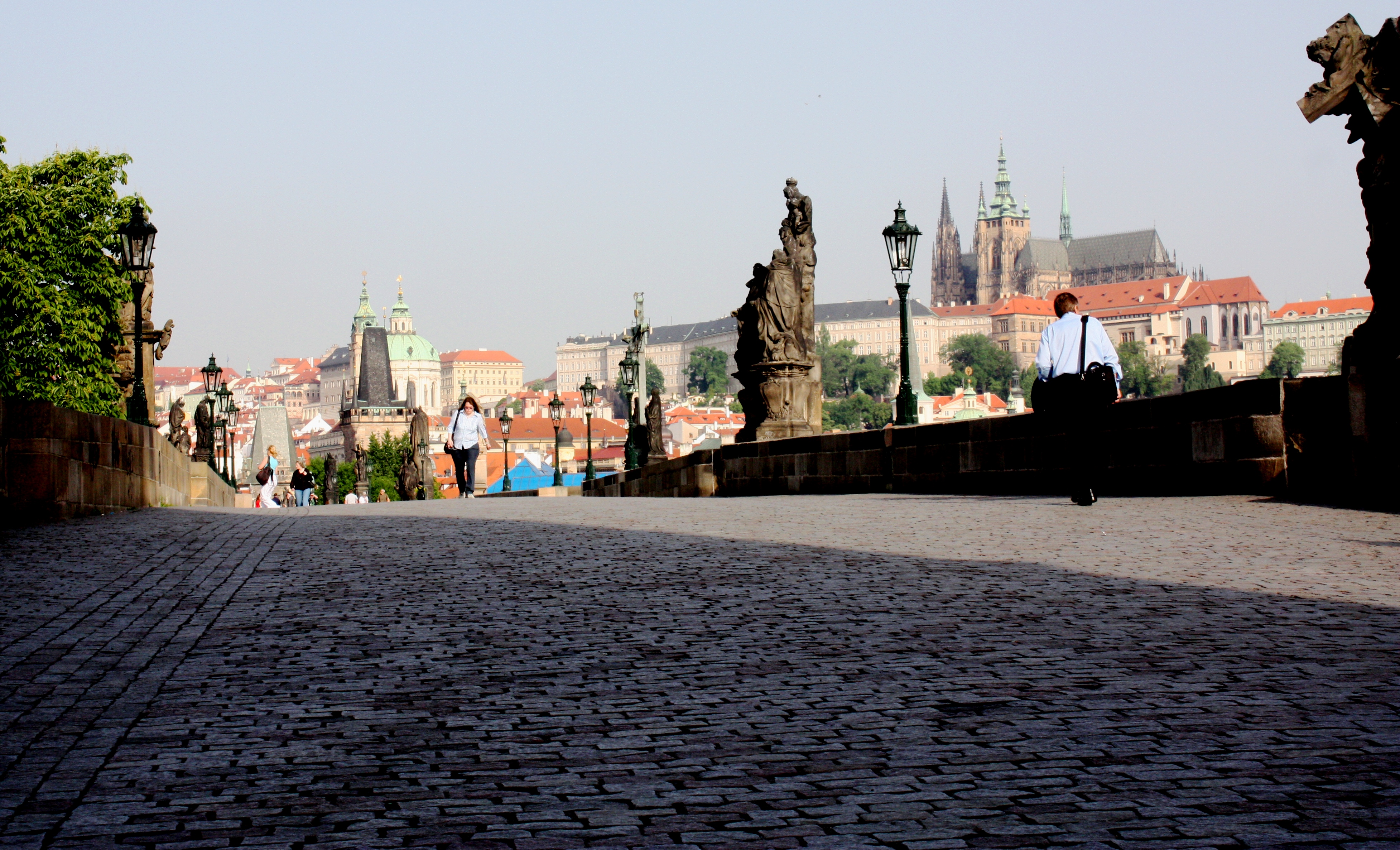Jean Piaget, is a major figure in development psychology. He studied the cognition process in infants, toddlers, children. As per the Encyclopædia Britannica, “cognition includes all conscious and unconscious processes by which knowledge is accumulated, such as perceiving, recognizing, conceiving, and reasoning. Put differently, cognition is a state or experience of knowing that can be distinguished from an experience of feeling or willing.”
Based on his study, Piaget found that toddlers are extremely egocentric.
Toddlers are so self-centered that they believe that what they see, feel, hear, think, is exactly what everyone else sees, feels, hears and thinks. No doubt egoistic, but also magical.
Magical because, an extreme egotistic person believe’s that the world spins on their wishes. So, when a toddler shuts her eyes, she believes that no one else can see her. Because she can see no one, she believes, that she has disappeared. And thus her delight, when she uncovers her eyes, and her parents pretend that they can see her once again. The toddler believes in her ability to magically control the world.
Over time, we start losing our magical powers and start understanding that we are inconsequential. Our ego disappears behind the gloom of shrinking self-belief. We are no more magical. We can’t hide. Everyone can see us and its not comfortable. This is what growing-up is essentially all about.
But some adults still maintain their egoistic streak:
- They may have a bias that limits what they are seeing, hearing, reading. Whereby, it is all so selective as to only reaffirm their held belief. Thus, the flat earthers will read views and opinions of other flat earthers. And their bias will strengthen. This is also known as the false-consensus effect.
- Egocentricity could also arise when experts speak to laypersons. These experts make the error of assuming that their expert knowledge is always correct. This is also known as the cause-of-knowledge effect.
- Of course, many of us suffer from the spotlight effect. We significantly over emphasize the view of others in how we look, speak, stand, walk, etc. And this extreme self-consciousness makes us behave in the most awkward way. We freeze on stage as we believe that everyone is staring and thinking all nasty thoughts about us.
Often such egocentricity is holding back business leaders from changing. Even after months of the pandemic shattering their world, such leaders refuse to accept that the way we work, play, live, has changed. They believe that what they had been doing is still a perfect recipe for future success. They refuse to be agile and adopt.
With C19, status-quo has been smashed. Customers are looking at new ways of understanding value. Employees are looking at new ways of ensuring their wellbeing. This is no time to be a toddler with your hands on your eyes pretending no one can see you. This is the time to take charge with eyes wide open.
To encourage agility means freedom from attachments to the way things were. A company’s quality of agility is seeded not in the barren ground of processes & controls but in the resilient foundations of culture, values & beliefs. Such agile companies (and individuals) change the way they operate even as they strengthen their reasons why.
Leaders will be able take charge if there exists capabilities for deploying agile teams. The necessary and possibly sufficient condition for deploying agility is presence of leadership that is non-egoistic and generous. A leader that wants to nurture agility in their culture will need to start from the very humbling position of accepting that she does not know the answers to the future but, she is unwavering in her belief, that together with her team, she will find the right answers and win. With such faith in her team, this leader will ensure that her work style creates a culture that values, respects and nurtures free flow of ideas and decentralized decision making. She will therefore ensure that the capabilities for being an agile organisation are well and truly invested – not in a rush but in slow, steady manner.
And the only investment she will make is to lose her ego.
When the dust settles and the stories of survivors are chronicled, organisations that had invested in building enabling cultures at their work place will be the winners. Leaders without ego and who had the courage to reach out to their team will be the heroes. Organisations that did not invest in nurturing such a culture will be gone. No one will be able to see them.







